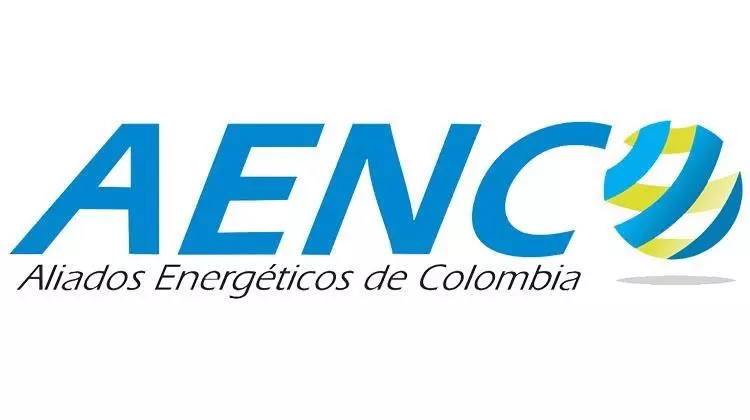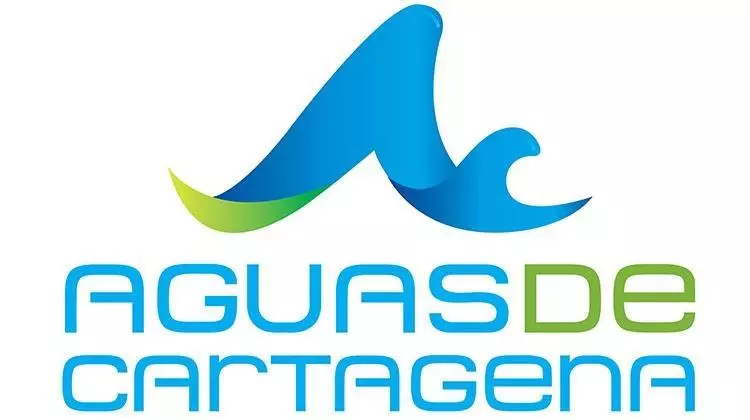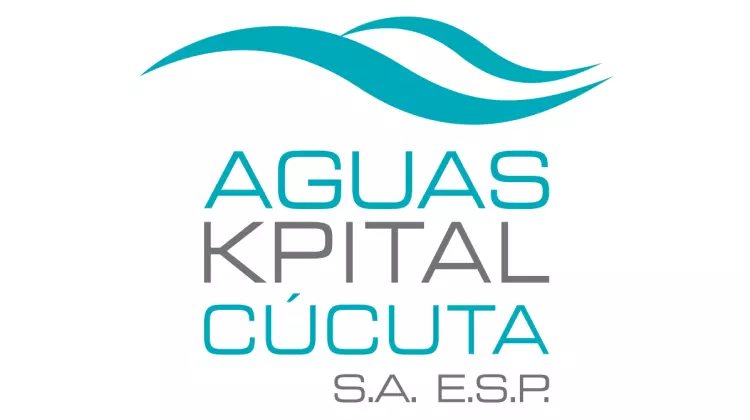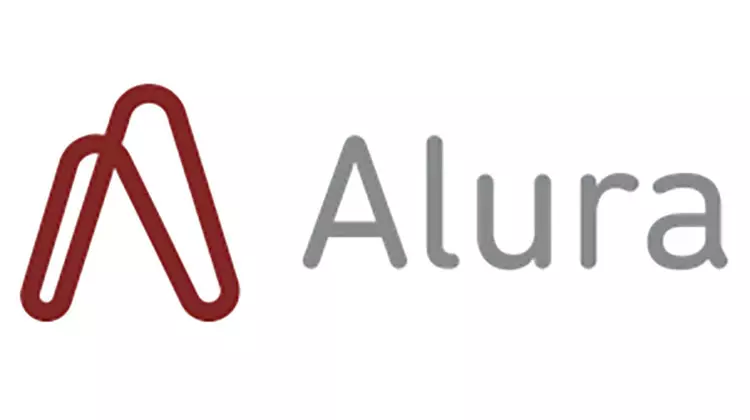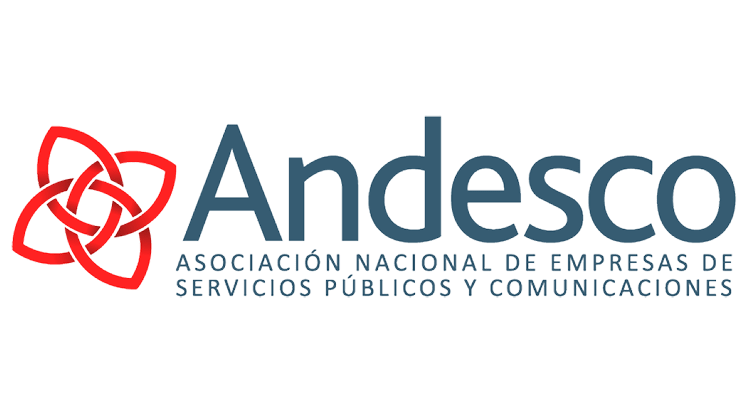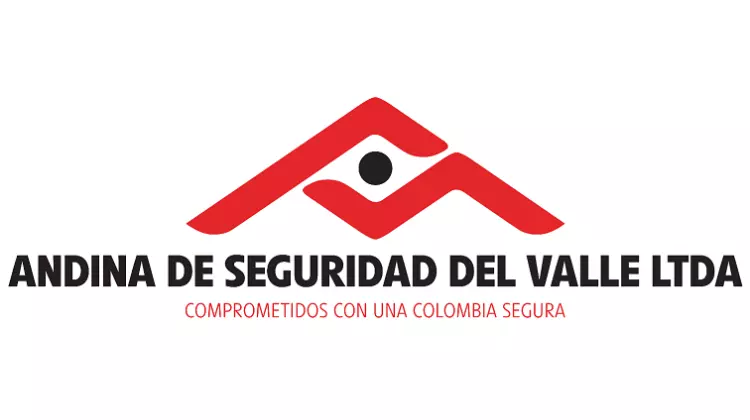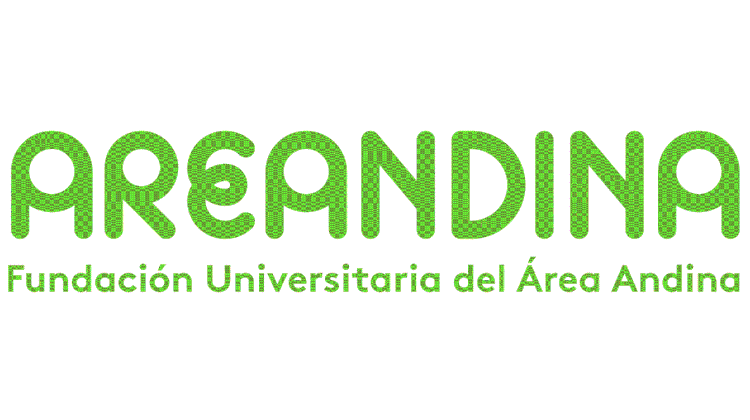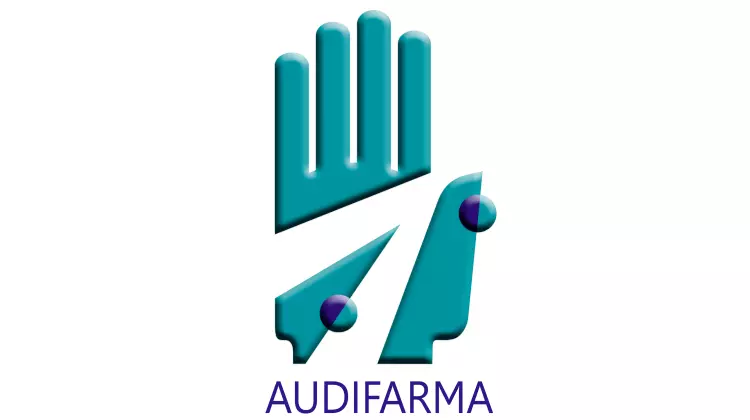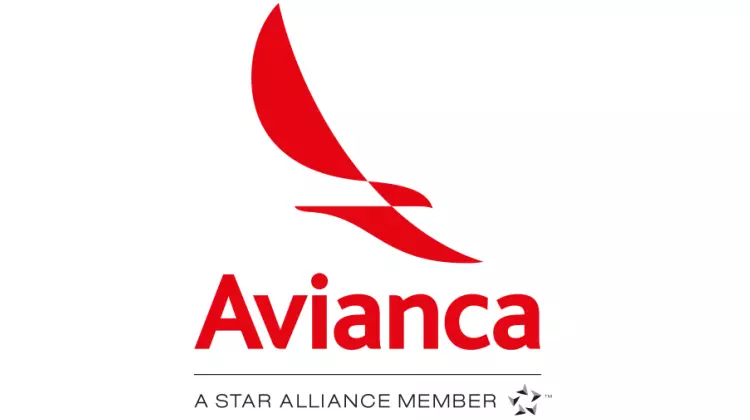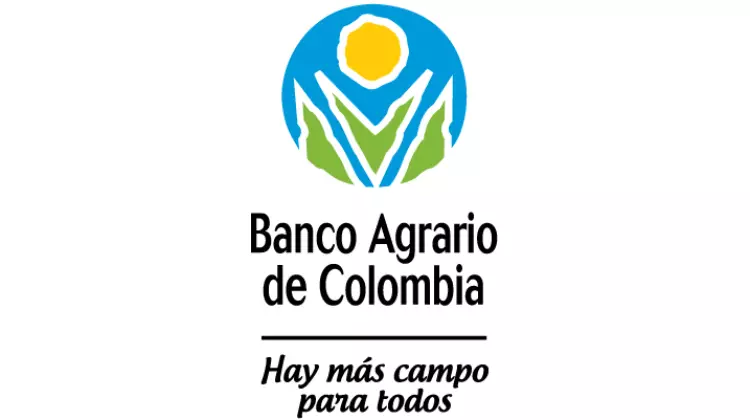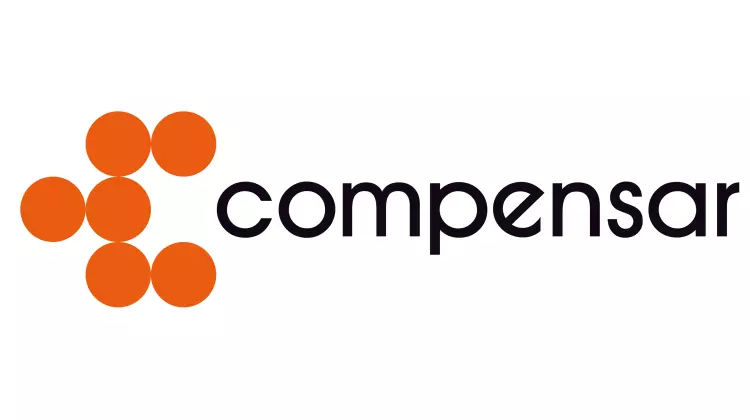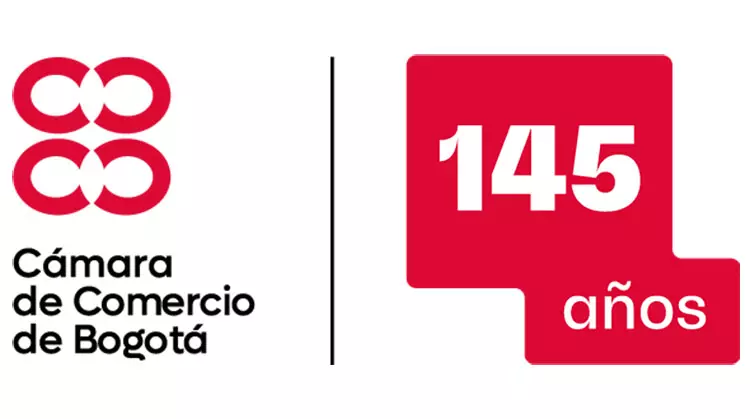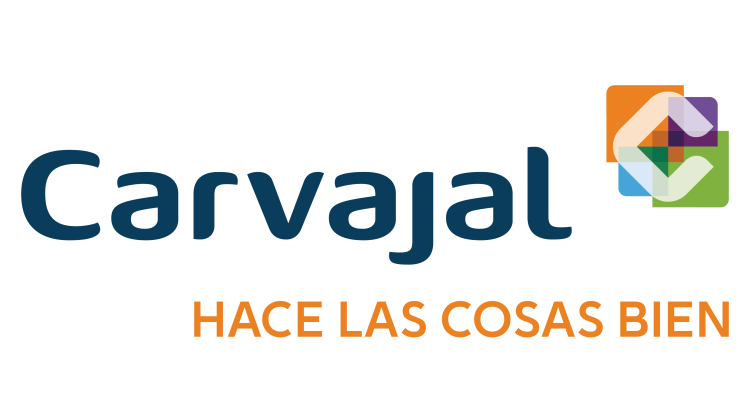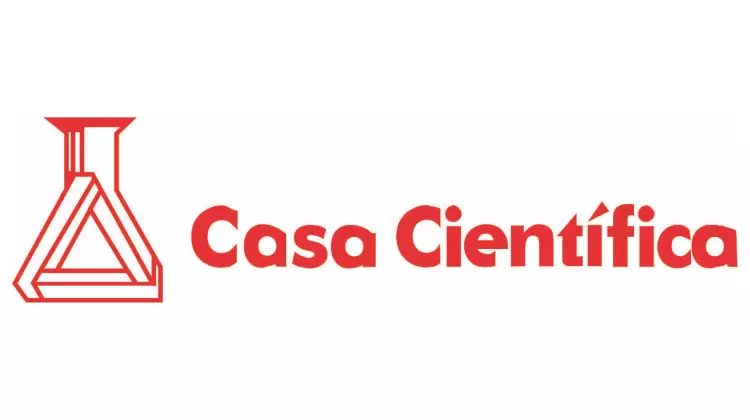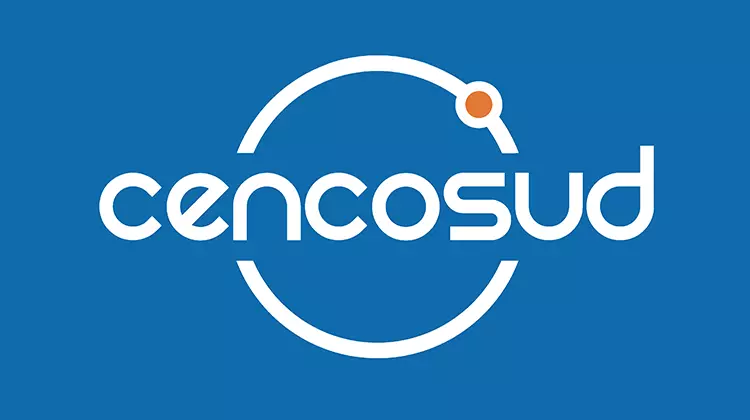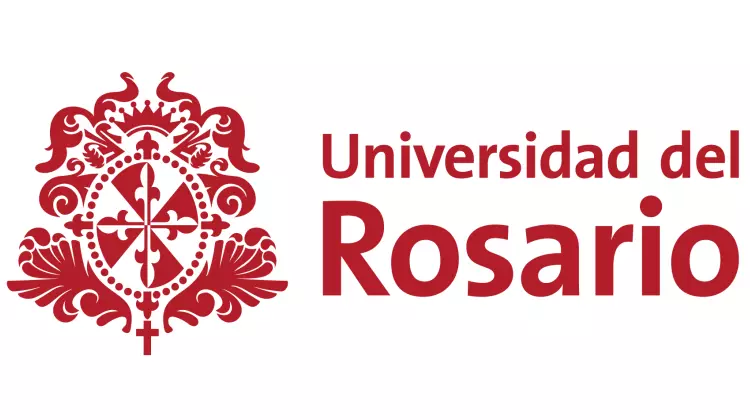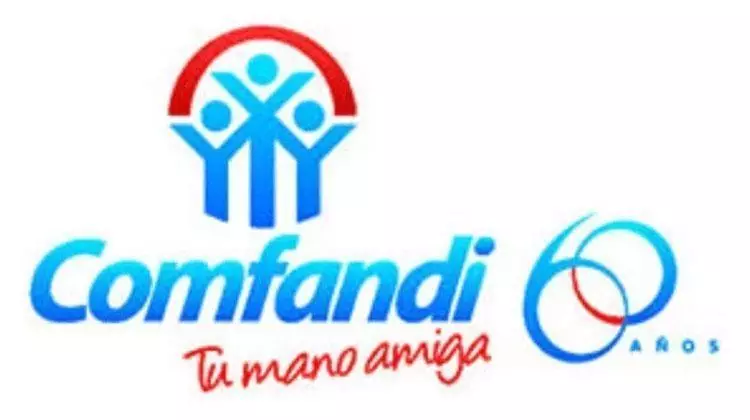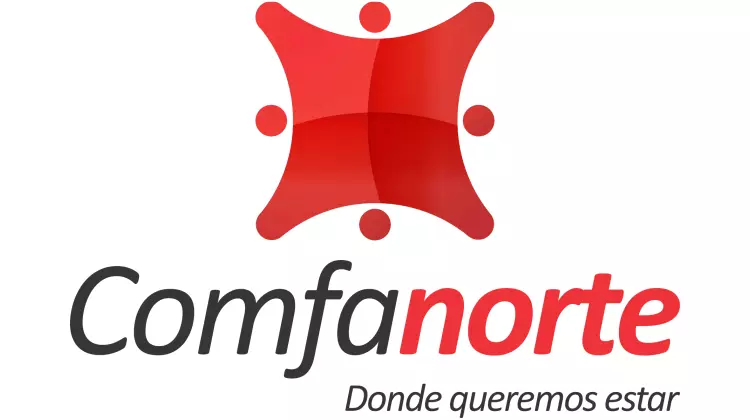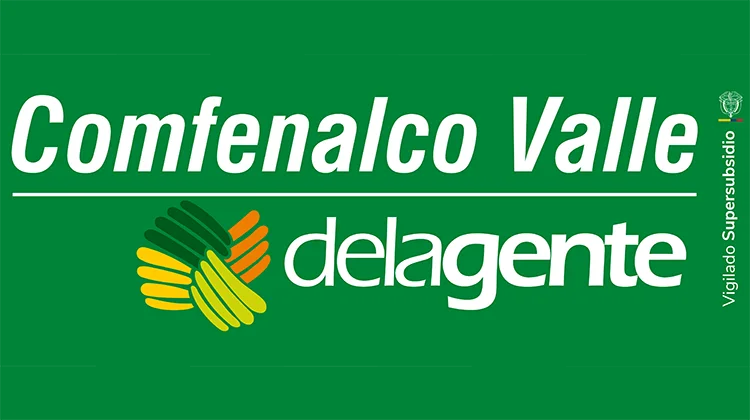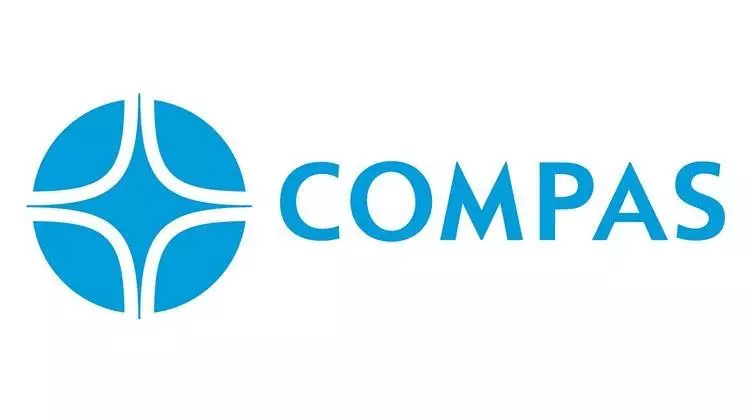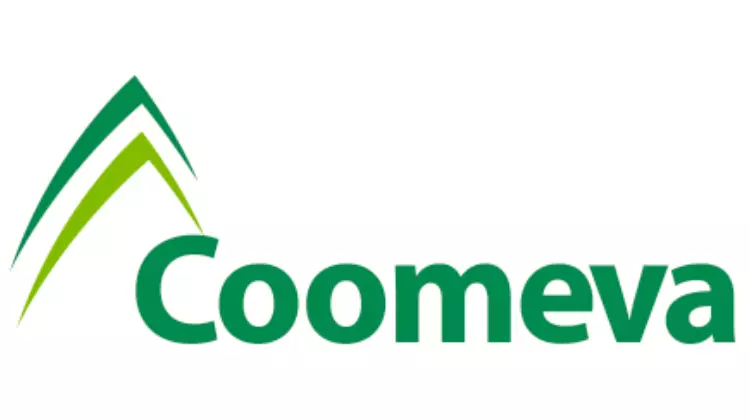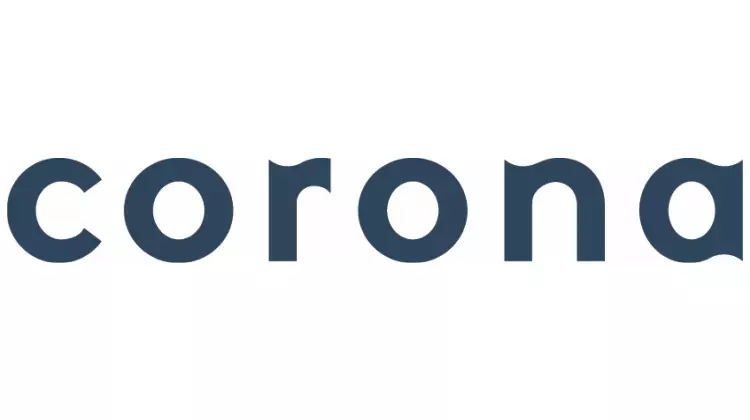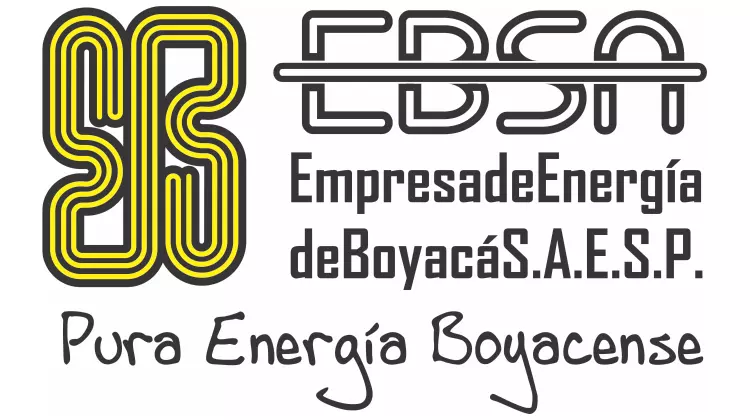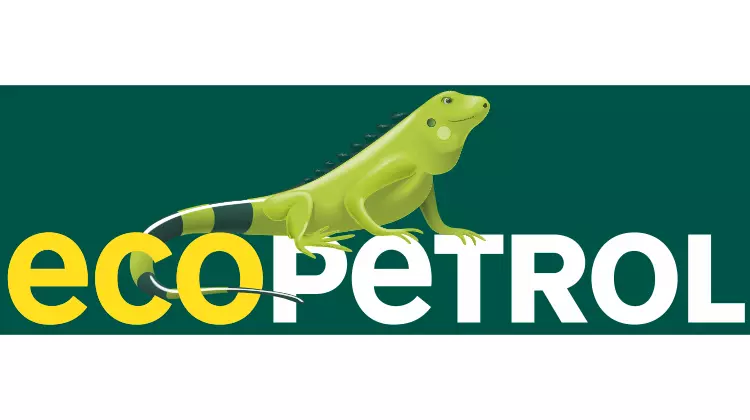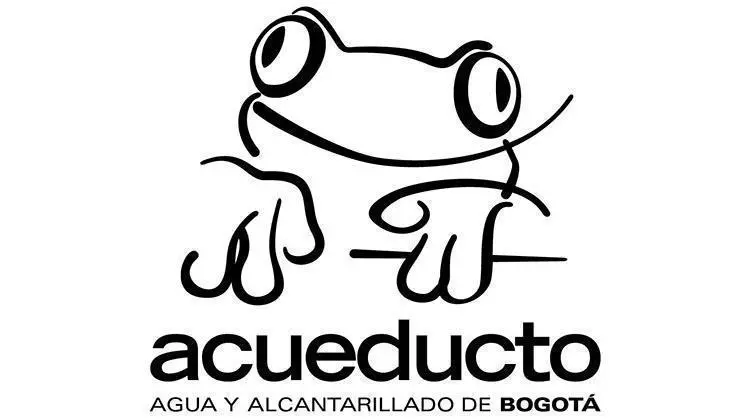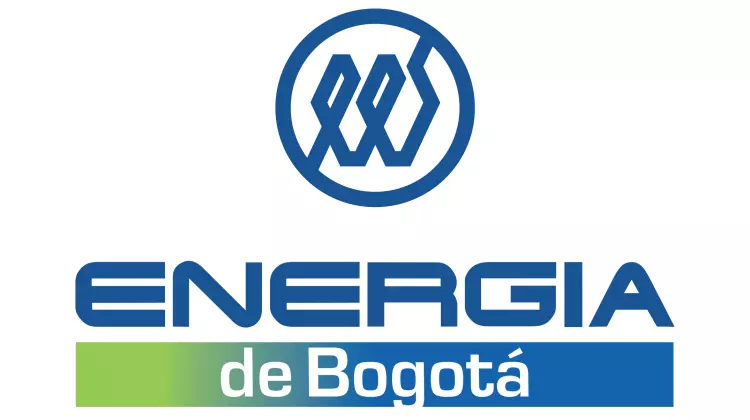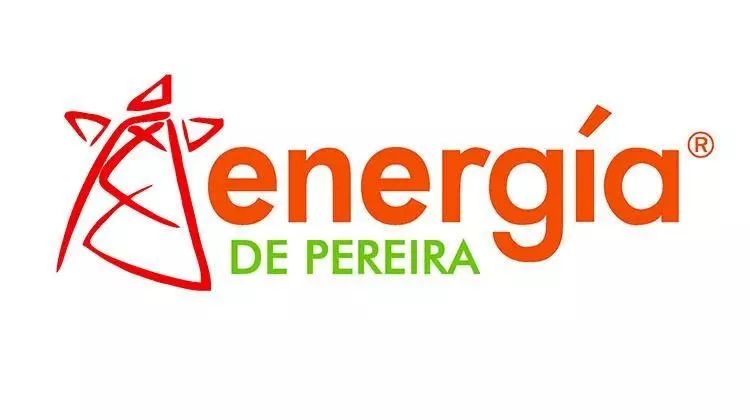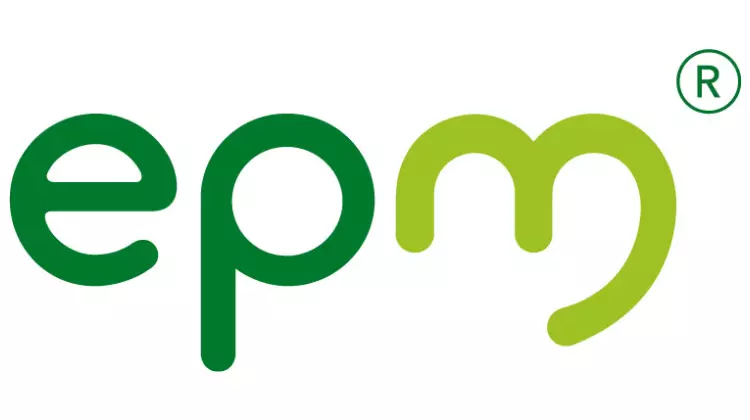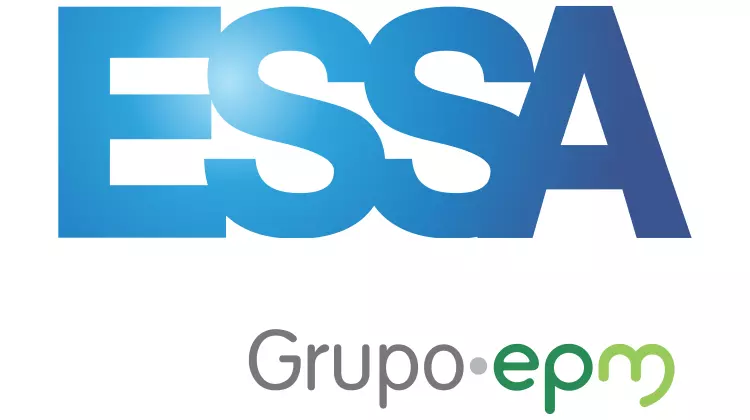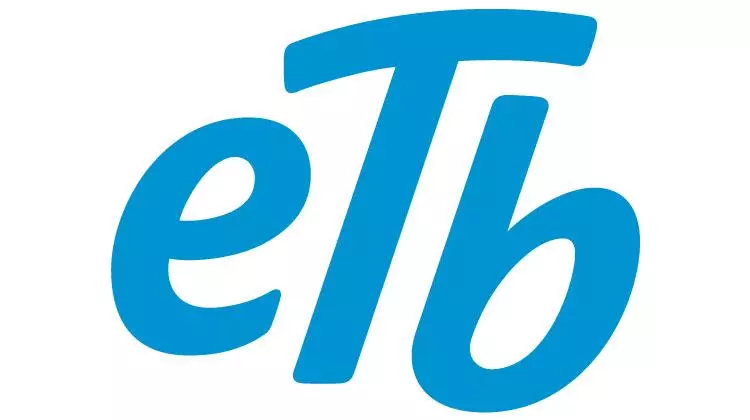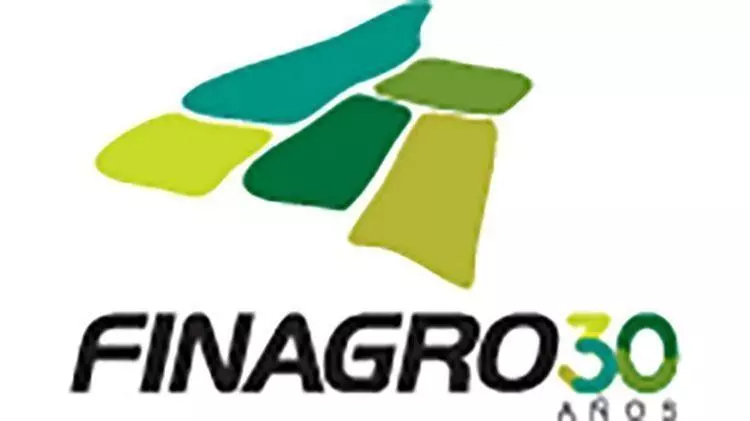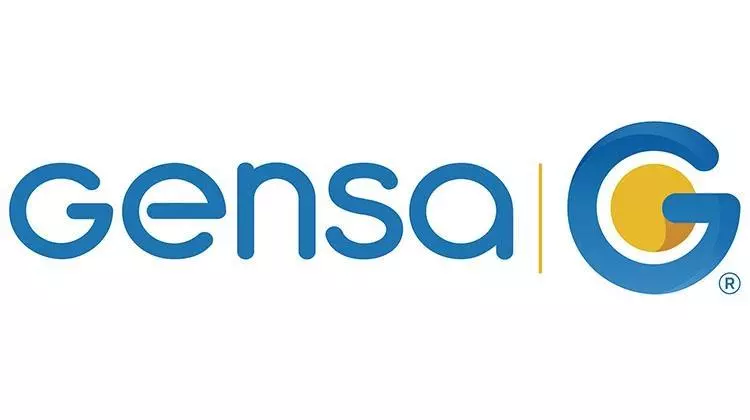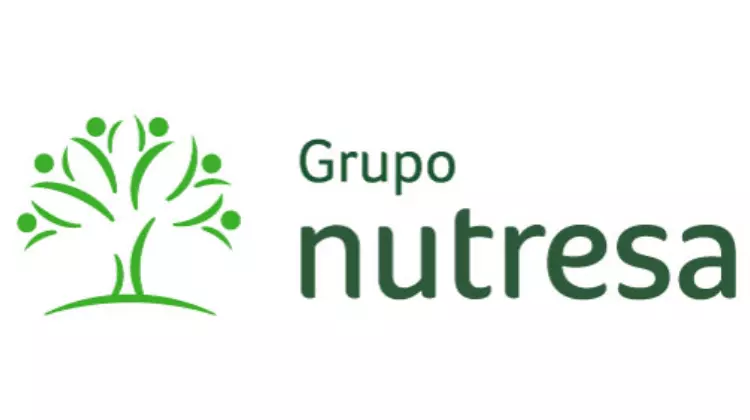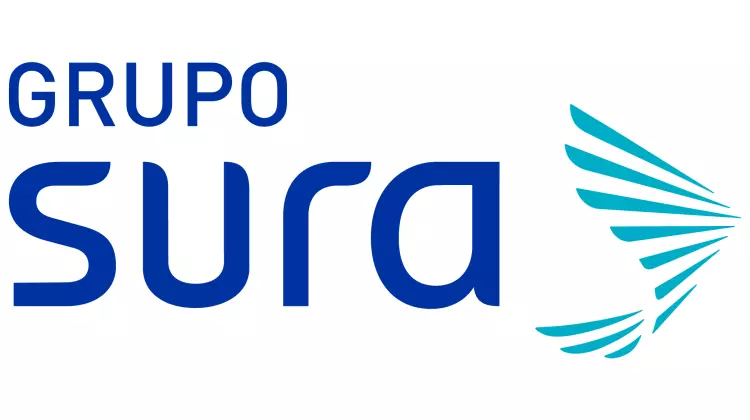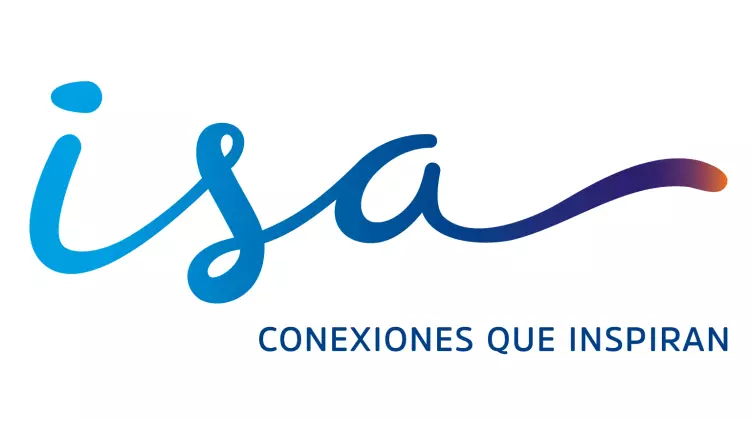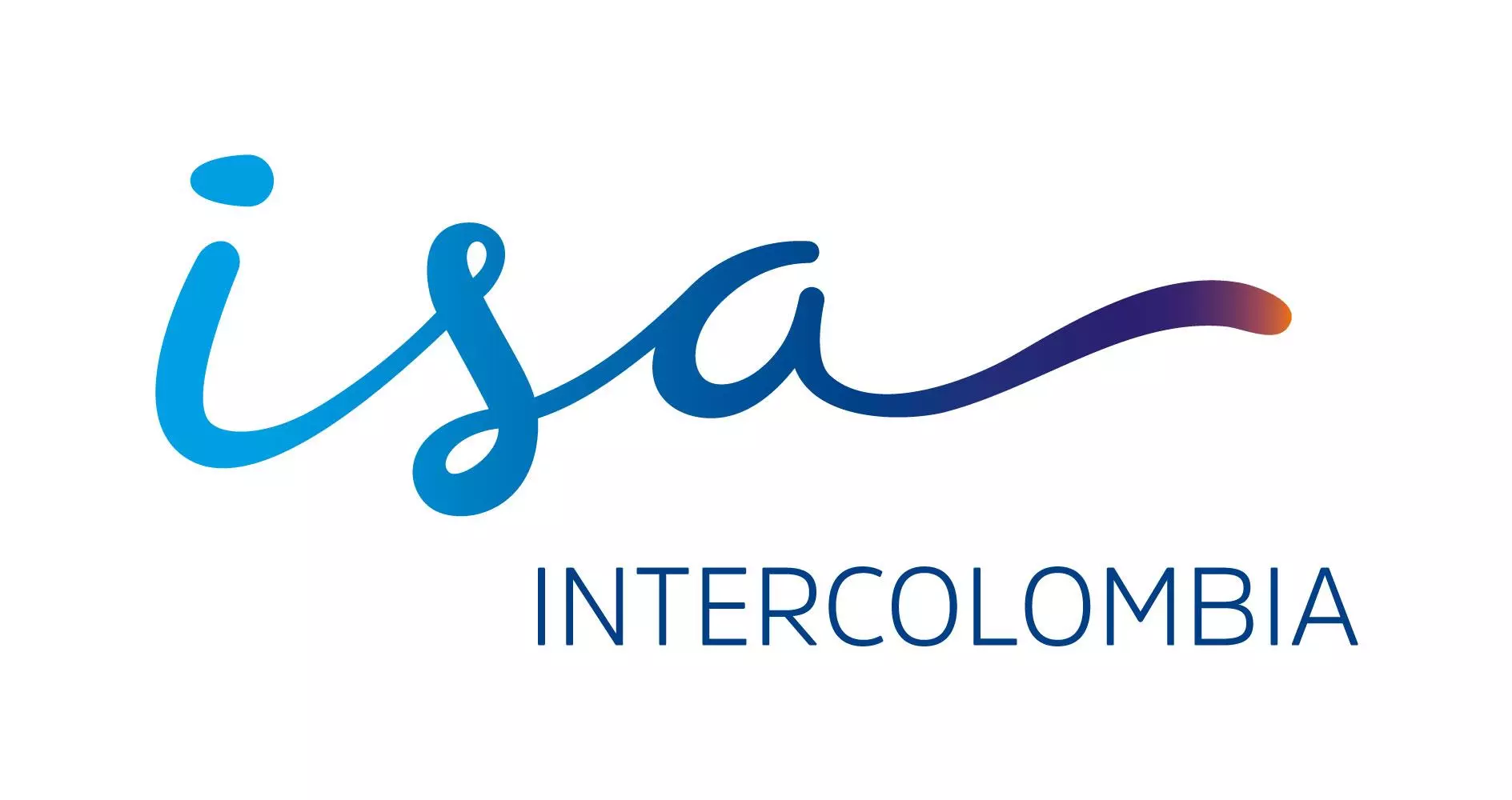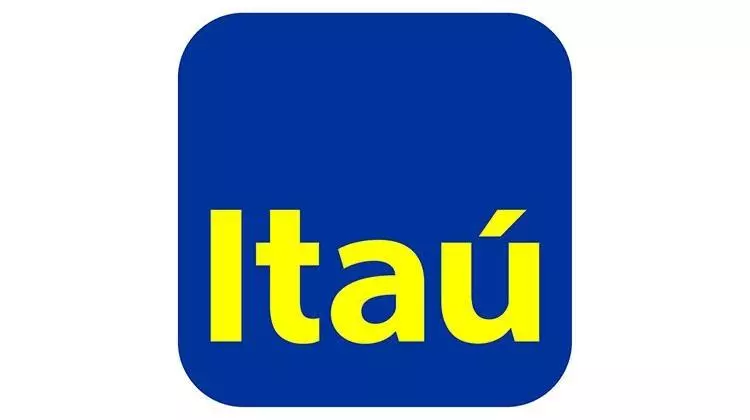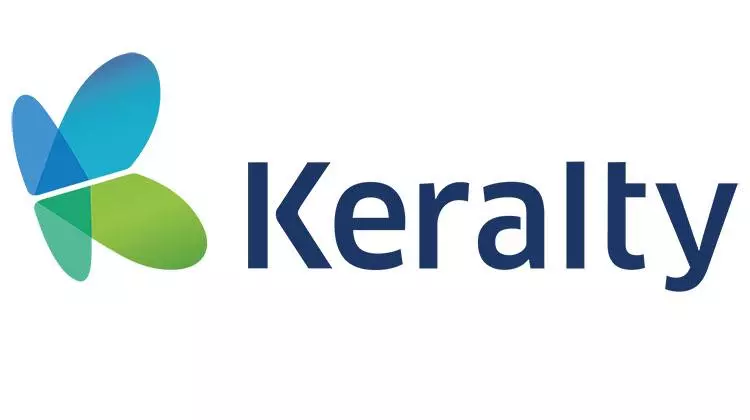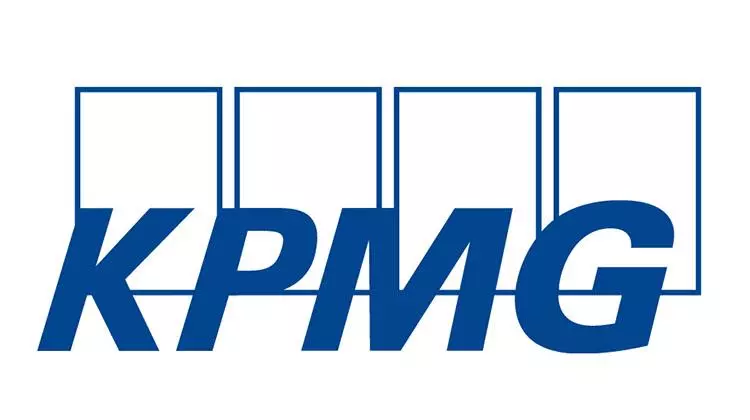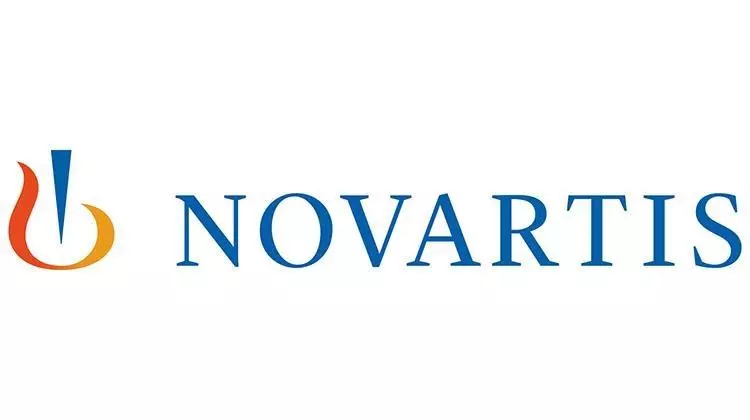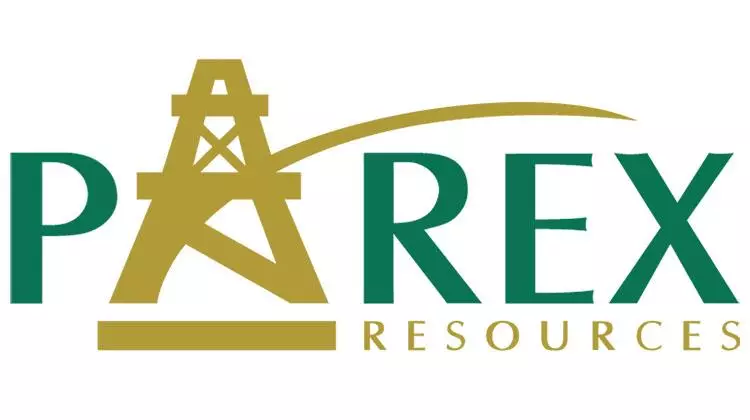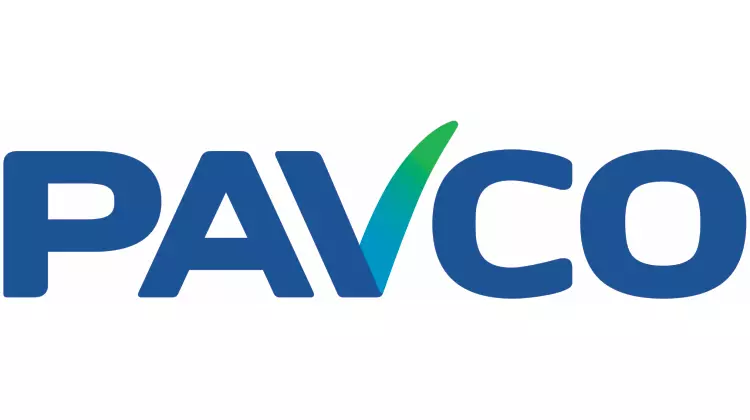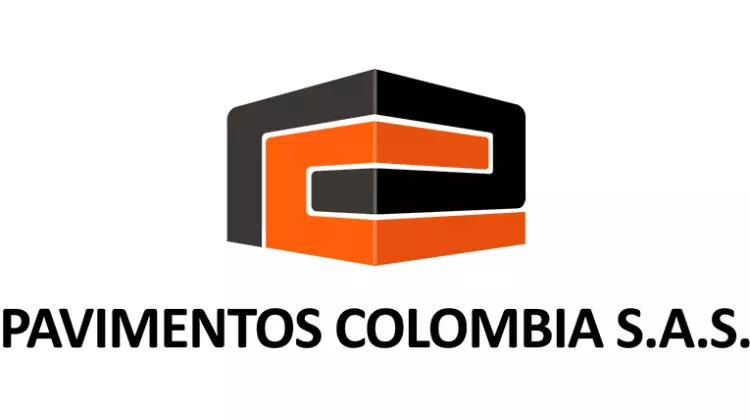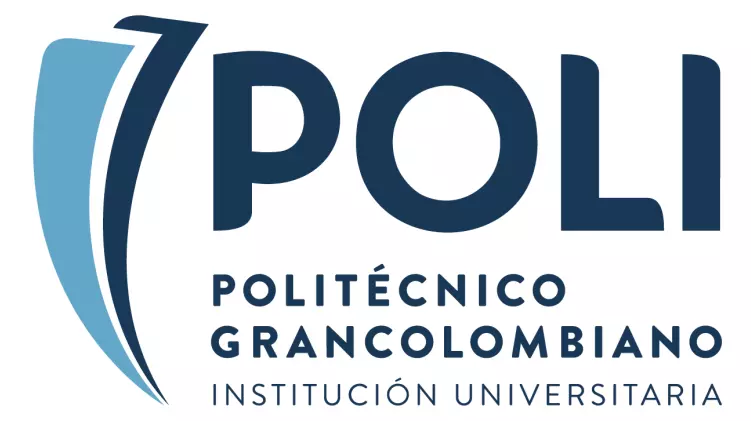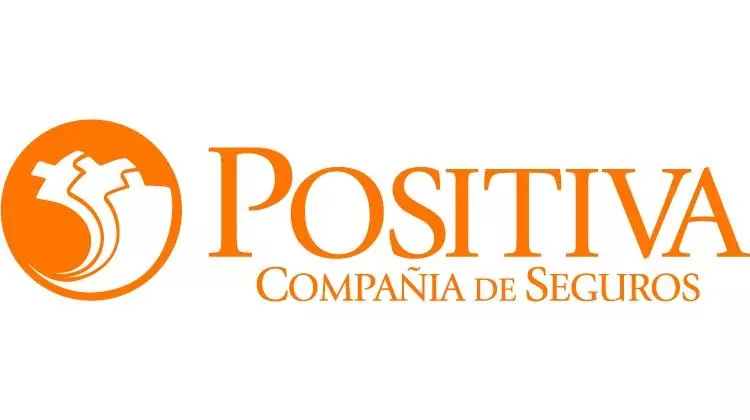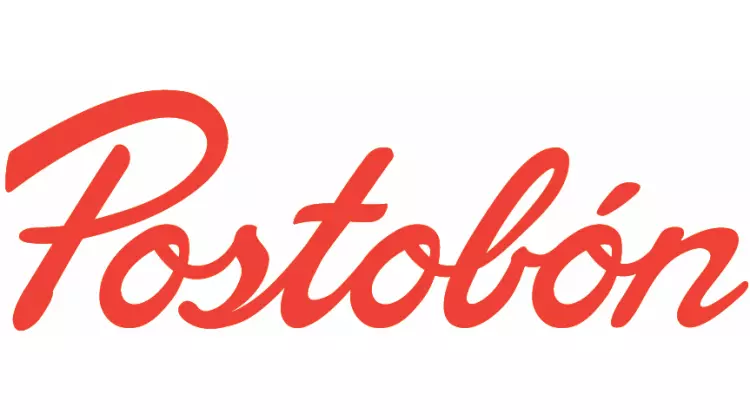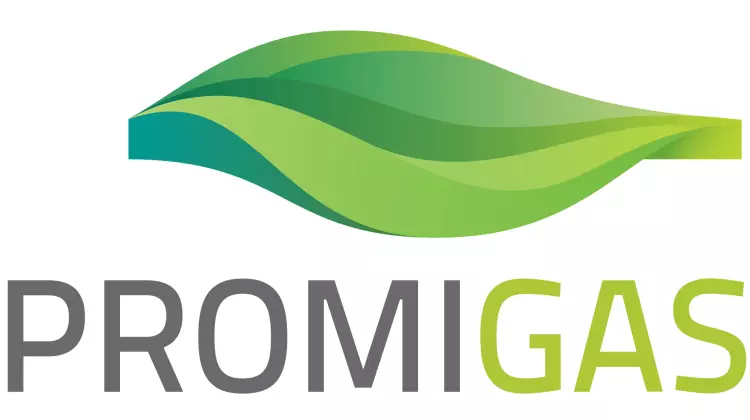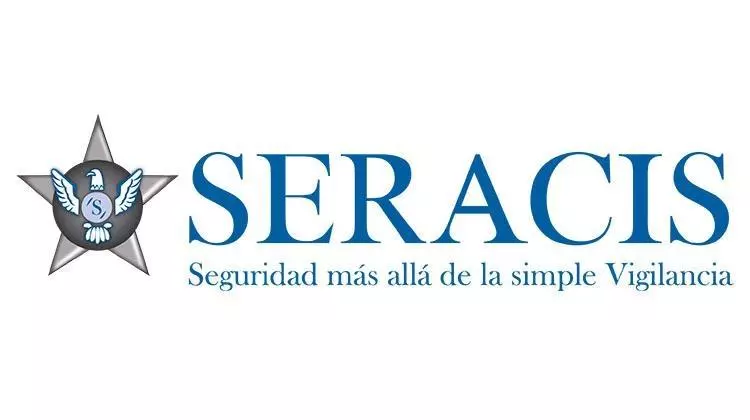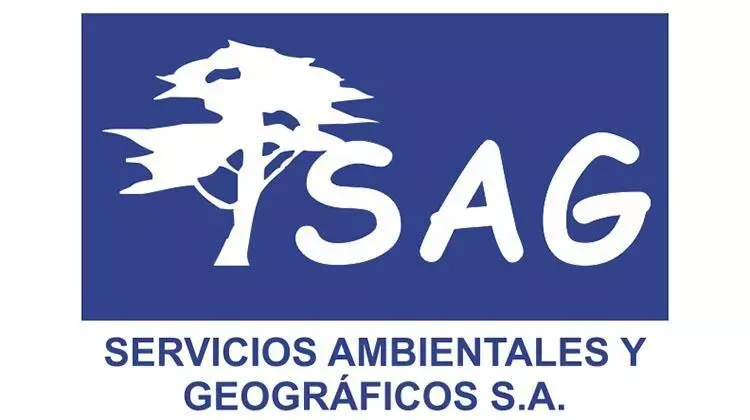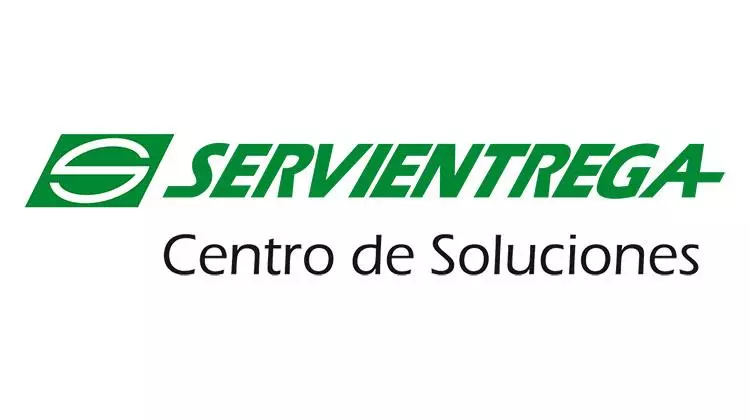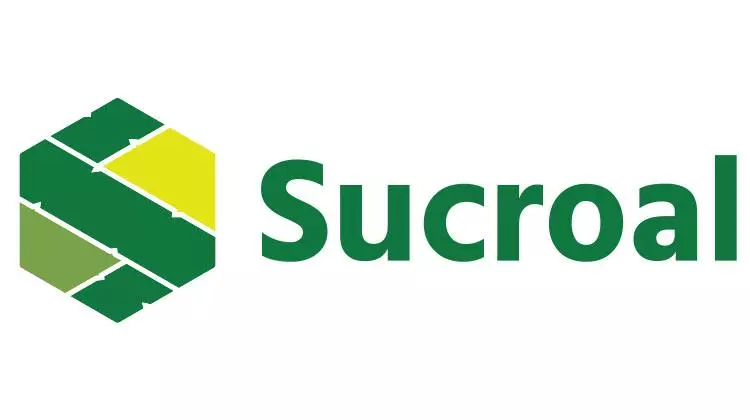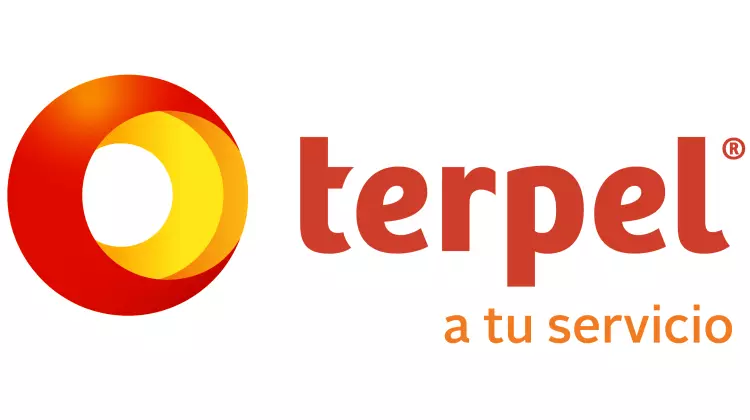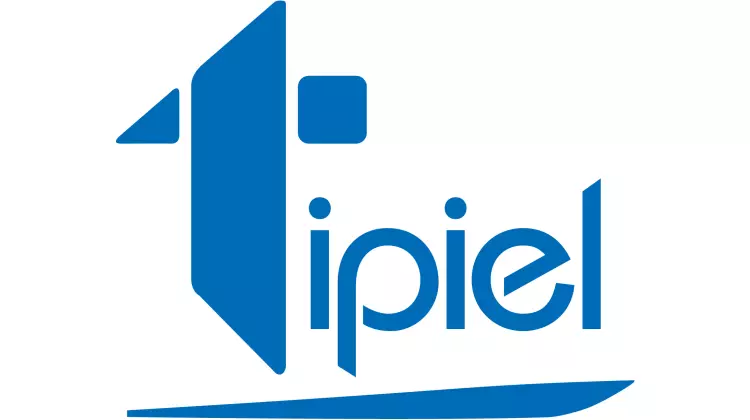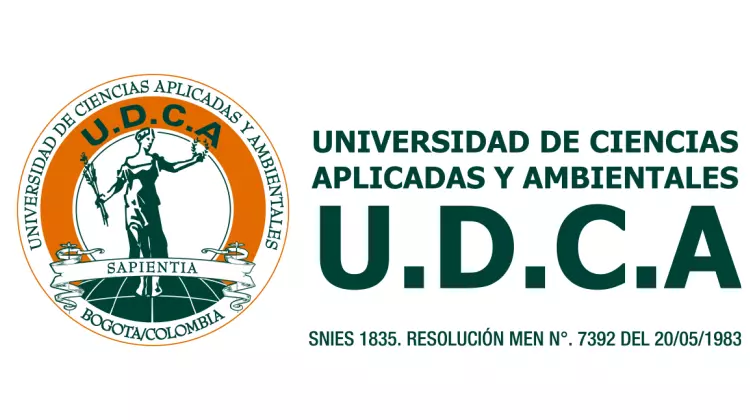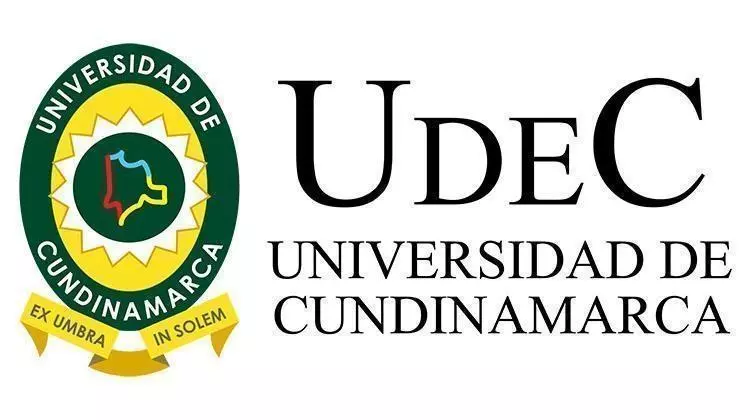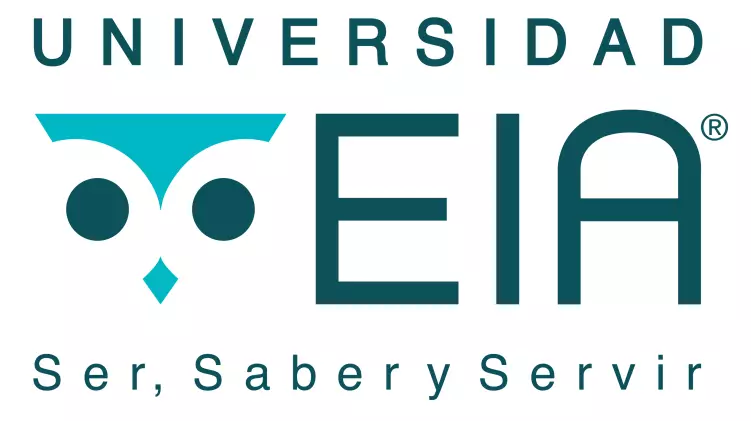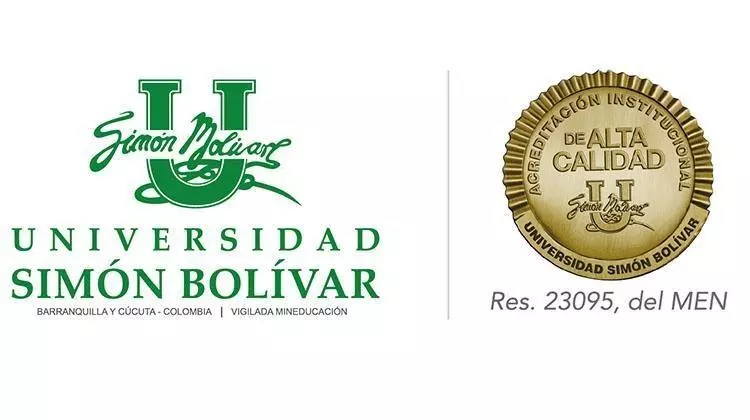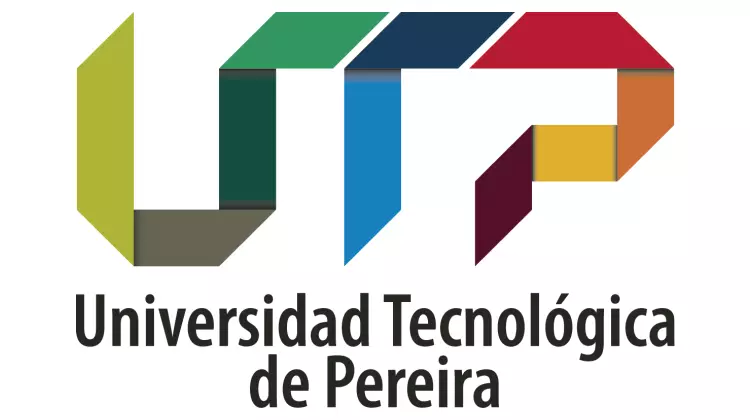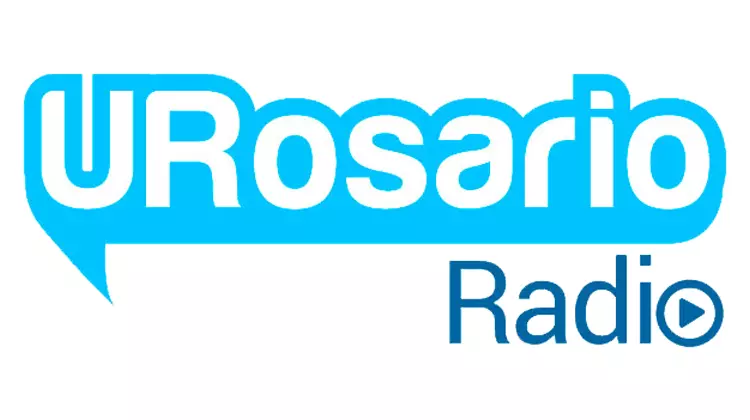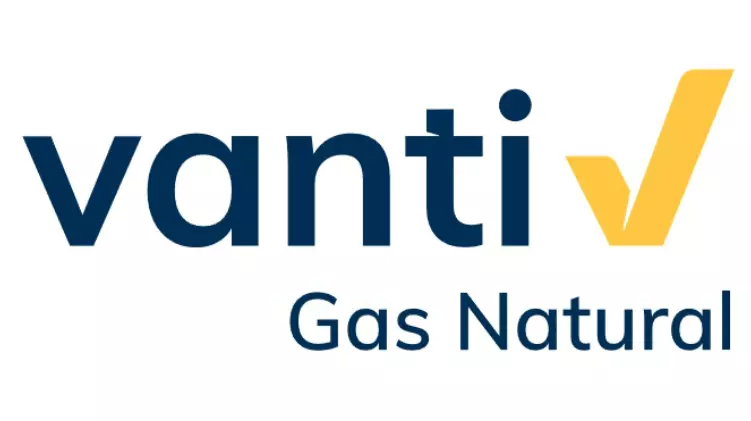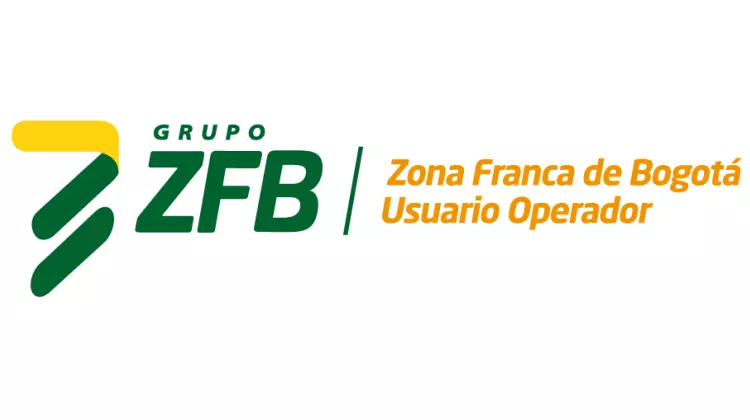Global Compact for the 10th Principle: Corporate Sustainability with Integrity: Organizational Change to Collective Action

Derived from the United Nations Convention against Corruption, the Global Compact 10th Principle urges businesses to fight against corruption: “Businesses should work against corruption in all its forms, including extortion and bribery”.
Corruption negatively impacts social and economic development as well as environmental sustainability. Ineffective implementation of anti-corruption policies contributes to illegal logging, water and air pollution, exploitation of mineral resources, and unsustainable bio-fuel use. Corruption undermines the gains and positive effects generated by sustainable corporate practices.
To combat this problem, the Global Compact promotes the implementation of rigorous anti-corruption measures though organization change at the company level and collective action at the country level. First, companies are asked to integrate anti-corruption and compliance measures into their business strategies and operations. Companies develop their own code of conduct, including the implementation of a zero tolerance policy and a range of rules and regulations concerning gifts, political contributions, charities and travel. To apply these policies, companies implement a range of actions, including the establishment of anonymous hotlines, employee training, supply chain management, risk assessment and disciplinary measures. Second, companies are asked to take part in collective action¹, multi-stakeholder dialogue, and integrity or compliance pacts with industry peers. Global Compact business participants are required to present their efforts to advance the 10th Principle in an annual Communication on Progress.
The Global Compact and key partners have developed a range of resources to help participating companies implement the 10th principle, including the following publications: Business Against Corruption: Framework for Action; Reporting Guidance on the 10th Principle against Corruption; The Fight against Corruption: E-Learning Tool, Fighting Corruption in the Supply Chain: a Guide for Customers and Suppliers; Collective Action – Building a Coalition against Corruption; and Clean Business is Good Business. These resources outline the ethical and business benefits of anti-corruption initiatives based on legal risks, compromised reputation, financial cost, and the erosion of consumer trust and confidence. Additionally, the Global Compact has embarked upon a multi-year collective action project with Global Compact Local Networks and strategic partners to foster anti-corruption action².
Despite understanding the importance and advantages of anti-corruption initiatives, many companies struggle to implement the 10th Principle. There is a substantial gap in anti-corruption action between large corporations (over 5,000 employees) and small and medium enterprises. Here are several examples of the differences: Only nine per cent of SMEs implement anonymous hotlines as opposed to 68 per cent of large companies; less than 12 per cent of SMEs record corruption as opposed to 57 per cent of large companies; less than 23 per cent of SMEs integrate anti-corruption into their management system as opposed to 65 per cent of large companies. Similarly, anti-corruption is one of the least reported principles in the annual Communication on Progress. The Global Compact differentiation framework categorizes companies into three groups: Learner, Active, and Advanced. One of the main reasons Global Compact participants stay in the Learner group is because of a failure to report anti-corruption implementation efforts.
- “Collective Action” is a process of cooperation between various stakeholders with the aim to jointly counter corruption. Through such alliance of like-minded organizations the problem can be approached and resolved from multiple angles, and the impact of individual action can be increased. The ultimate aim of these joint efforts is to create fair and equal market conditions—a “level playing field”—for all market players and to eliminate the temptations of corruption for all of them. Adopted directly from Collective Action in the Fight Against Corruption (2010) http://www.unglobalcompact.org/ docs/issues_doc/Anti-Corruption/CollectiveAction2010. pdf - A joint publication by the members of the World Bank Institute Working Group (the World Bank Institute, the Center for International Private Enterprise, Global Advice Network, Grant Thornton, Siemens, Transparency International and the United Nations Global Compact)
- Supported by the Siemens Integrity Initiative, the UN Global Compact launched five collective action projects in December 2010. The UN Global Compact joined forces with Local Networks and strategic partners to develop anti-corruption collective action projects in the emerging markets of Brazil, Egypt, Nigeria, India and South Africa. In addition to the UN Global Compact, over 30 projects from over 20 countries including the ones implemented by the United Nations Office on Drugs and Crime were selected by the Siemens Integrity Initiative.
| Categorías: | Lucha Contra la Corrupción |
| Autores: | Pacto Mundial de las Naciones Unidas |
| ISBN-10(13): | N/A |
| Editorial: | Pacto Mundial de las Naciones Unidas |
| Fecha de publicación: | 2012 |
| Edición: | 1 |
| Número de páginas: | 22 |
| Idioma: | Inglés |
| E-Book: | Clic aquí para descargar tu E-Book |


































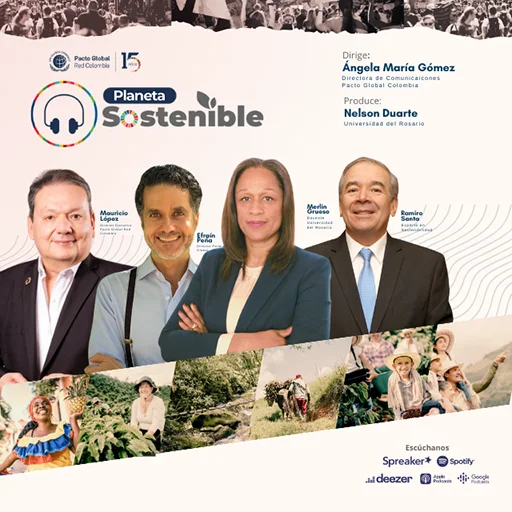

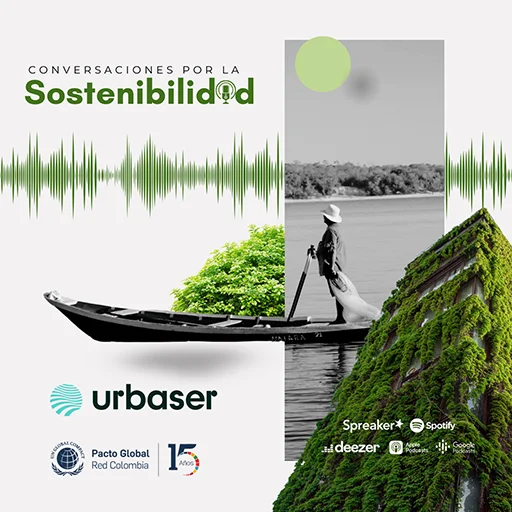
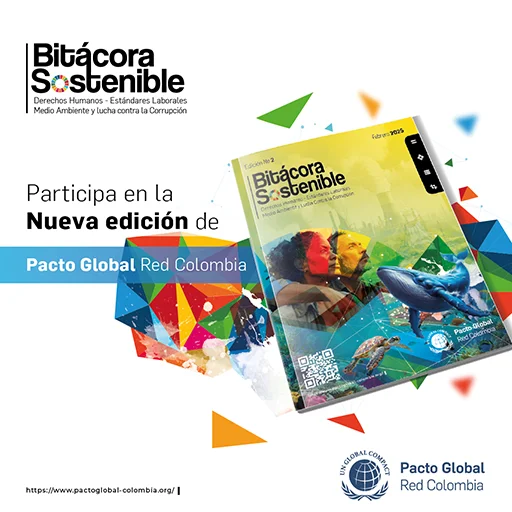



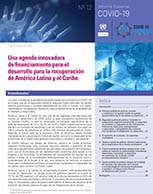
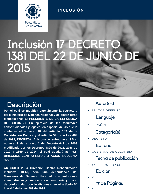
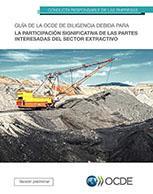
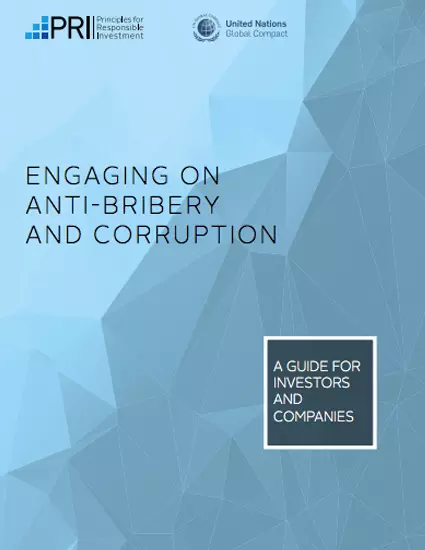
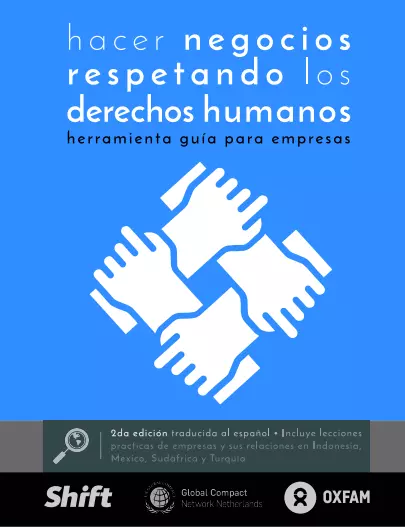
_42fd4809.jpg)
